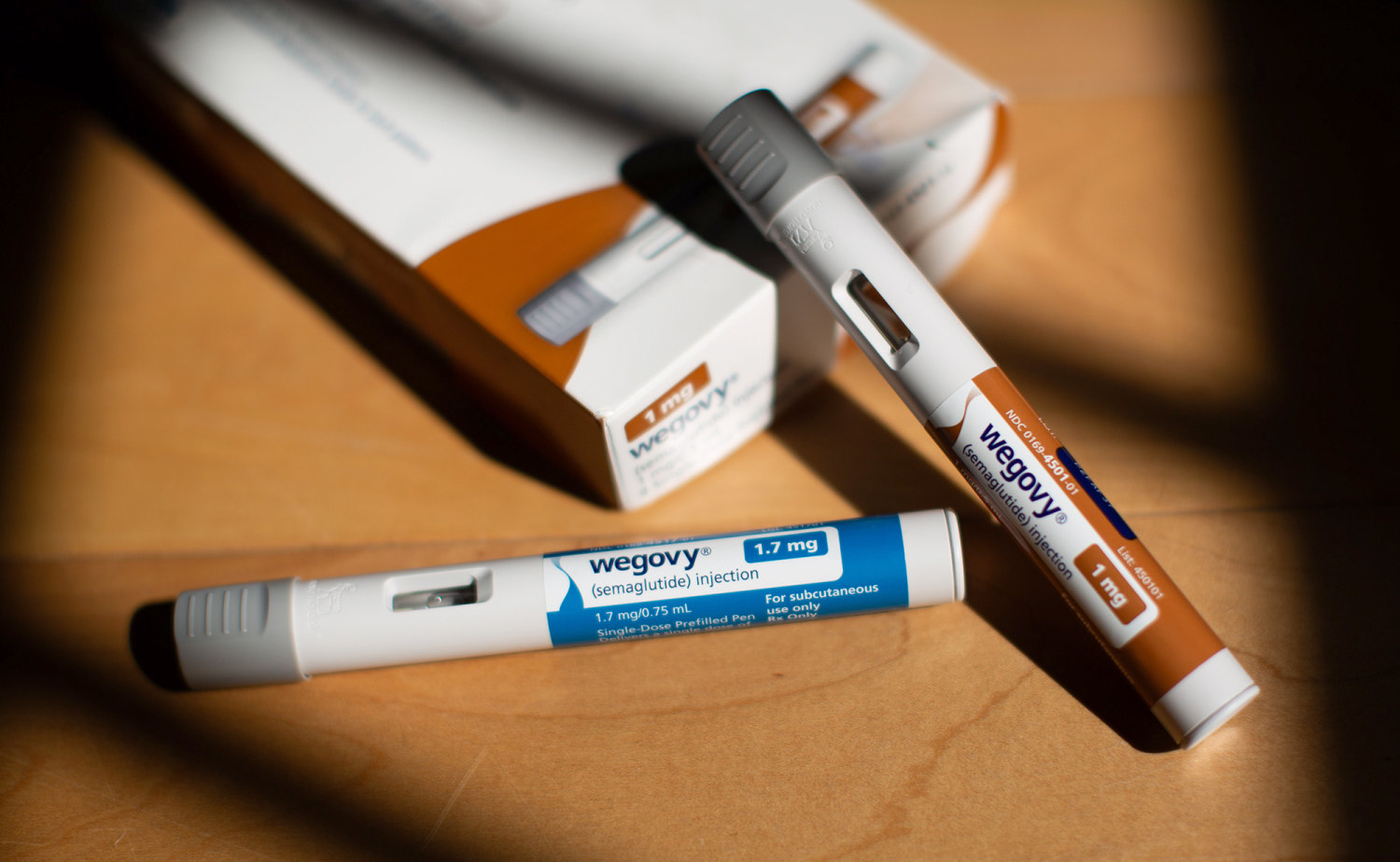A simple question about peanut allergies led Dr. Gideon Lack to a discovery that would change the way the world understands food allergies. What began as curiosity turned into decades of research that reshaped medical advice for millions of parents.
The inquiry that ignited a transformation
When Dr. Gideon Lack stood before an audience of allergists and pediatricians years ago, he asked what seemed like a straightforward question: how many of them had treated a child with a peanut allergy? In most countries, nearly every hand would go up. Peanut allergies had become one of the most common—and frightening—childhood conditions, affecting about two percent of children in the United States and showing similar numbers in the United Kingdom.
But when Lack posed the same question at a conference in Tel Aviv, only a handful of doctors raised their hands. Out of around two hundred professionals, barely three had treated such a case. The discrepancy baffled him. Jewish children in London, who shared similar genetic backgrounds with those in Israel, showed much higher rates of peanut allergy. What, then, explained this dramatic difference?
That perplexing incident launched Lack on an odyssey that would stretch over fifteen years and ultimately dismantle one of medicine’s most firmly established convictions regarding allergy avoidance.
Unveiling an unforeseen trend
The solution, as Lack subsequently discovered, was readily apparent. During his stay in Israel, he observed a distinctive aspect of the local dietary customs. Parents frequently offered their infants “Bamba,” a well-liked peanut-flavored puffed snack, starting from as early as four to six months old. This item contained substantial quantities of peanut protein, and Israeli youngsters consumed it consistently and with great enjoyment.
In contrast, parents in the United Kingdom were being told the exact opposite: to avoid exposing their infants to peanuts or other potential allergens until they were several years old. The logic behind this advice seemed sound at the time—if a food could trigger allergies, perhaps delaying exposure would prevent sensitization. But the strikingly low rate of peanut allergies among Israeli children suggested that this long-standing approach might be completely wrong.
Curious, Lack and his team compared the diets of around 10,000 children—half in Israel and half in London—who shared similar ancestry. The results were undeniable: peanut allergies were almost ten times more common among the British group. The only clear difference was when peanuts were introduced into the diet. Israeli babies were consuming the equivalent of ten peanuts a week by their first birthday, while British babies had virtually none.
Although the finding was compelling, it was still an observation. To turn correlation into proof, Lack needed rigorous scientific evidence.
Challenging decades of medical advice
At that juncture, the concept of intentionally introducing peanuts to babies appeared nearly irresponsible. Numerous medical professionals and guardians feared that such a method would trigger allergic responses instead of averting them. Funding bodies were reluctant, and significant ethical issues were prevalent. Despite this, Lack persevered.
In 2008, with support from the U.S. National Institutes of Health, his team launched a large, carefully controlled study called the LEAP trial (Learning Early About Peanut Allergy). The research focused on infants who were already at high risk of developing allergies because of severe eczema or existing egg allergies. The children were randomly divided into two groups: one would avoid peanuts entirely, while the other would be encouraged to eat small amounts of peanut-based foods regularly from as early as four months of age.
Enrolling the 640 individuals spanned a two-year period, and the research tracked their progress for half a decade. The findings, upon their disclosure, were remarkable. Within the cohort of children who abstained from peanuts, almost 14% had developed peanut allergies by their fifth birthday. For the group that incorporated peanuts into their diet early on, this figure plummeted to under 2%. Even for youngsters who had exhibited initial indicators of sensitivity, consistent peanut intake reduced the likelihood of developing a severe allergy by over two-thirds.
The information showed a decrease of more than 80% in peanut allergy occurrences for individuals who were exposed to peanuts at an early age—a significant discovery that completely altered previous medical recommendations.
From initial insight to complete metamorphosis
When the results of the LEAP study were released in 2015 in The New England Journal of Medicine, they represented a pivotal moment in the fields of allergy investigation and childhood nutrition. For an extended period, official recommendations had advised postponing contact with allergenic foods. However, the data now unequivocally demonstrated that early exposure, rather than evasion, was the crucial factor in developing tolerance.
The implications were enormous. The American Academy of Pediatrics, which had once advised parents to wait until age three before introducing peanuts, reversed its stance. Updated guidelines issued in 2017 encouraged introducing peanut-containing foods as early as four to six months for most babies.
The effects of this change were swift and measurable. A 2024 study published in Pediatrics found that peanut allergy rates among U.S. children under age three had dropped by more than 40% since the new guidelines took effect. That translates to tens of thousands of children avoiding what had once been a lifelong and potentially life-threatening allergy.
The continuous advancement of medical knowledge
For Dr. Lack, the event proved to be both a lesson in humility and a source of validation. He confessed that, similar to numerous other medical professionals, he had previously employed an avoidance tactic with his own offspring. Nevertheless, he also underscored that the circuitous, self-regulating essence of scientific inquiry is what ultimately propels advancement.
“The trajectory of medicine unfolds in a series of twists and turns,” he articulated. “Our recommendations are formulated upon the most current understanding available, and as new evidence emerges, our approach must similarly evolve.”
That guiding principle still informs his investigations. Currently, Lack is a co-leader of a novel initiative called the SEAL study, which again questions established beliefs. This particular endeavor examines the link between eczema and dietary sensitivities.
For years, doctors believed that food allergies triggered eczema. Now, evidence suggests the relationship works in reverse: babies who develop eczema early may be more likely to later develop food allergies. The SEAL study aims to test whether aggressively treating eczema in the first weeks of life—using moisturizers and mild topical treatments—could prevent allergies from developing in the first place.
The science behind early exposure
The concept driving this new research is known as the “dual-exposure hypothesis.” It proposes that how the immune system encounters food proteins determines whether it perceives them as safe or dangerous. Exposure through the digestive system, when a baby eats food, teaches the immune system to tolerate it. But exposure through broken or inflamed skin, as often happens with eczema, may have the opposite effect, leading to sensitization and allergic reactions.
Dr. David Hill, a pediatric allergist at the Children’s Hospital of Philadelphia and a colleague in this line of research, described the immune system as a gatekeeper. “When babies eat foods early, the immune system learns that these proteins are normal,” he said. “But when those same proteins reach the body through damaged skin, the immune system can mistake them for threats.”
Lack frequently illustrates the concept using a metaphor: “Should I politely tap on your front door and request entry, you’d likely extend a courteous welcome. However, if I were to smash through a window, your reaction would undoubtedly differ.”
If the SEAL investigation validates this hypothesis, it has the potential to revolutionize not only the avoidance of allergies but also global pediatric dermatological and dietary approaches.
Redefining how we think about allergies
The journey from that initial lecture in Tel Aviv to the modern understanding of food allergy prevention demonstrates how scientific discovery can rewrite long-held assumptions. What began as a regional curiosity became one of the most significant shifts in pediatric medicine in recent decades.
Dr. Lack’s work has already changed the lives of countless families. Where once parents were told to avoid peanuts out of fear, they are now encouraged to introduce them early and safely—often under pediatric supervision. The research has also inspired further studies on other allergenic foods, from eggs to tree nuts, suggesting that early introduction could help reduce the global burden of allergies more broadly.
For Lack and his associates, the objective has consistently been more than just disseminating discoveries; it’s about instigating tangible alterations in the world. As he frequently reminds his listeners, scientific progress isn’t achieved through flawlessness but through the readiness to acknowledge errors. The crucial element, he contends, is maintaining receptiveness to data, even when it challenges all previously held beliefs.
From the laughter of Israeli babies eating Bamba to the laboratory trials that followed, the story of peanut allergy prevention is a testament to persistence, humility, and the power of questioning assumptions. It reminds us that in science, as in life, progress rarely moves in a straight line—but every discovery brings us closer to understanding, healing, and prevention.



